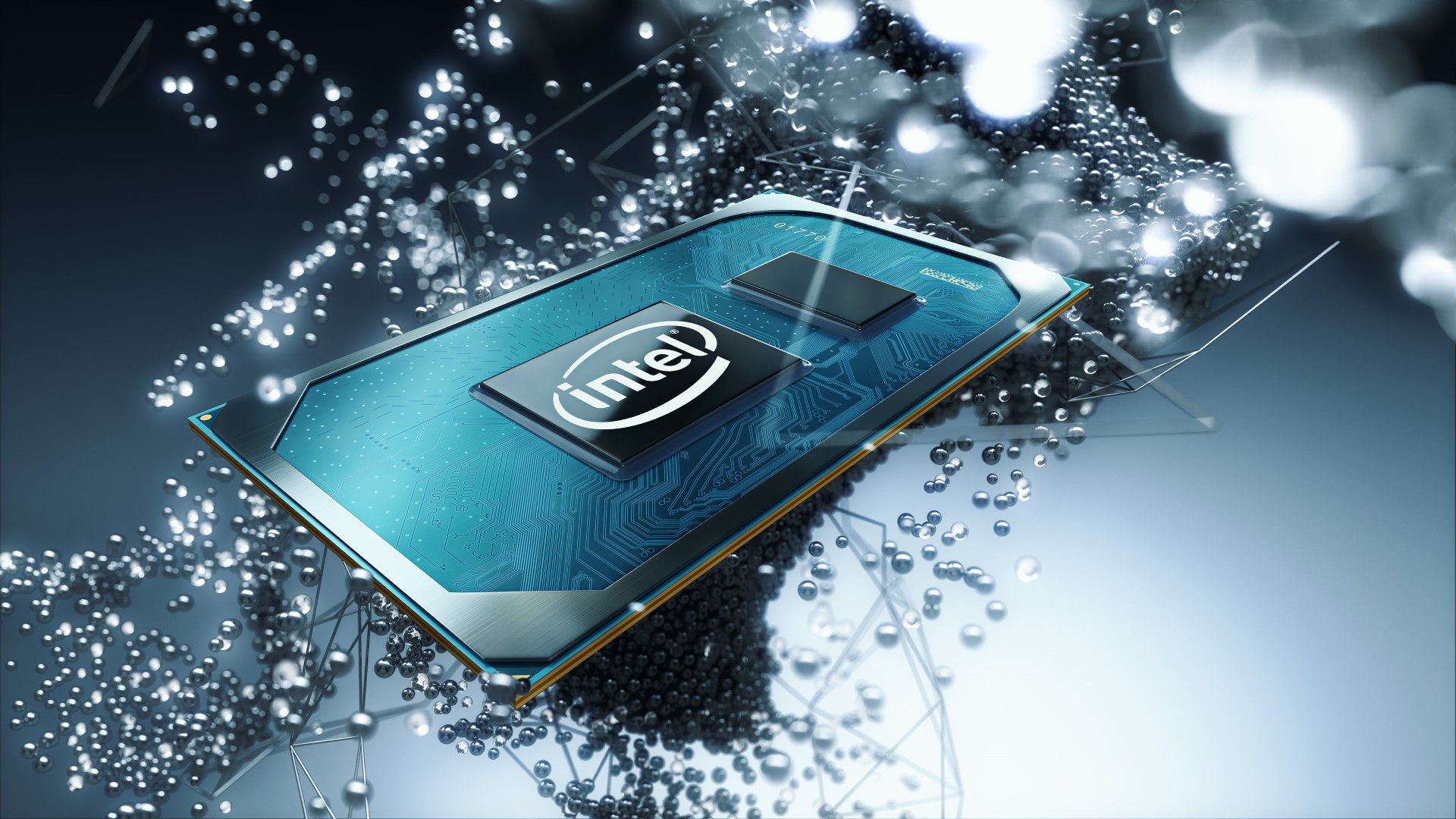The Core i7-1165G7 Gen12 Xe iGPU appears to pack more of a punch than the Vega iGPU inside the latest Ryzen 4000 Renoir APUs.
Intel Gen12 Xe Graphics Leads AMD's Vega in Integrated GPU Performance : Read more
Intel Gen12 Xe Graphics Leads AMD's Vega in Integrated GPU Performance : Read more


